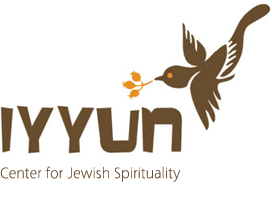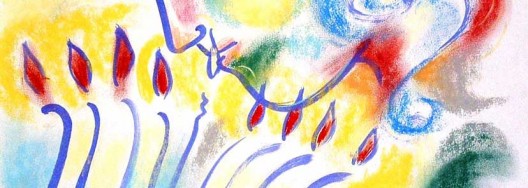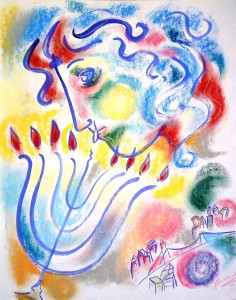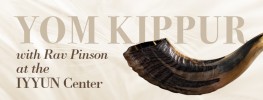Lights seem to speak to us in a very deep way, particularly those gentle lights that dance atop of candles. There are few visuals that are as warming to us as the sight of a burning flame, a pure simple flame luminous and ethereal.
To the mind lights and festivities also seem to go together; lights are deemed the perfect vehicle to express joy, a firework display at a festive occasion is but one example, as is the lighting of candles or the hanging of colorful bulbs at a party or any other joyful event.
Within a Jewish context every Shabbat, holiday or other special occasion demands the lighting of the candles. As the day is about to begin, at the moments immediately proceeding the beginning of the auspicious and dedicated day the tradition is to light a candle. More precisely, the Shabbat candles are lit for the purpose of Kavod – honor, to pay tribute to the day, and also for the purpose of Oneg – pleasure, so that we eat our Shabbat meal in the pleasing glow of light, and do not stumble in the darkness. On Yom Tov we have the additional advantage of it being a day of Simcha, a day of joy.
The oddity of all of this is that the candles of Chanukah are not meant to be used for our personal pleasure whatsoever, it’s quite clearly stated that one may only gaze at the lights and not use them for any other purpose. In fact, another light or candle must be lit to ensure that the room is lit even without the light of the Menorah.
The intensity of these lights are not meant to be a channel for something else, no matter how lofty that purpose may be, they are not intended as a means, but are there as an end unto themselves.
“The soul of man is a lamp of G-d” (Proverbs 20:27.) The soul is our higher self. Our soul is the self of our potential and possibility, the part of us that stands above ego, selfishness, aggression and resentment. The soul is the background of our being, the light that masters our thoughts, emotions and actions, and essentially the whole of life. It is not something we posses, rather it is who we are, it does not belong to us, it is us.
And yet we have the ability to eclipse the light of our soul, and use its reverberating power to destroy and wreck havoc. Light can be warming and bring comfort, but it can also be the source of much destruction and devastation. We can harness our internal light to bring love and joy but the converse is also true.
Cumulatively, to sum total of the lights we kindle throughout the days of Chanukah is thirty six, as in 1+2+3+4+5+6+7+8=36.
Thirty six, the mystical and mysterious number is the amount of times the word Or- light appears in throughout the Torah. (Rokeach) Thus, in every generation there are thirty six hidden Tzadikim – elevated souls present who sustain, nurture and guard the light. Concealed, unassuming, and virtually unknown, these thirty six righteous people are completely attuned to their inner light and the inner lights of creation.
After the incident in the Garden of Eden God asks Adam ” ayeka — where are you”? (Genesis) Not merely to be polite, and show the way we should enter a conversation, (Rashi) but the question is essentially “where are you”? What have you done with your life and light? It is a question that is asked and re-asked throughout time of every one of us. The inner voice within challenging us once in a while and questioning, “Where are you”? What are your priorities? And what do you want out of life? Are you living up to your potential?
Midrashic sources write that the numeric value of the word ayeka is thirty-six. (Midrash Zuta, Eichah 1:1) The question is then more pointedly, “where are you”? “What have you done with your light”? The Hebrew word sapir, as in the English derived term sapphire refers to light, a stone of light. The word sipur — story is rooted in the word sapir. And so the question of ayeka is a question of, what is your story? What kind of tale are you weaving? Are you bringing warmth and joy, are you illuminating and bringing light, or have you forgotten your essentiality and are writing a story not worth repeating? This echoing sound of ayeka is a question, but more importantly a prodding, to be more, to live up to our potential.
Ayeka, as in “what are you up to? How have you cultivated revealing your inner light?” Is the essential question to which your life should be the response. This question begs a response every day of the year, but comes into greater focus on the 25th of Kislev, the beginning of Chanukah, when we begin kindling the Chanukah. Appropriately the 25th word in the Torah is Or -light.
These are the lights, our lights, that gently whisper to us to turn aside, refocus, and reengage our attention from the overwhelming bombardment of the everything and take notice of what is right here, who we are, and what we can be, allowing us to glimpse inwards to a place deep within us, and rediscover that which has always been there.









